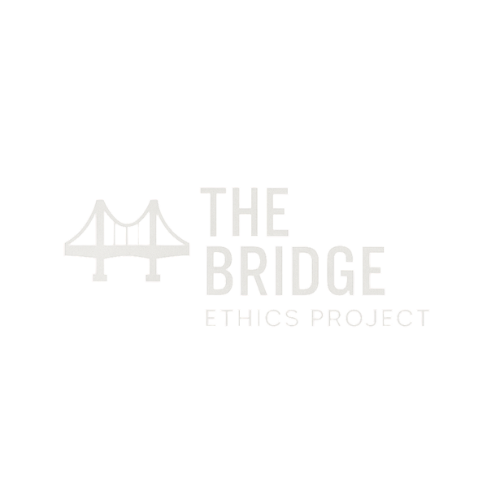
Case Study 6: Educational Surveillance & Student Dignity
An ethical breakdown of AI proctoring, biometric monitoring, and the erosion of trust in digital learning spaces
Background
During the COVID‑19 pandemic, schools adopted AI proctoring systems like Proctorio, Examity, and Honorlock. These tools monitored students via webcams, microphones, and keystroke behavior to detect cheating.
Instead of protecting academic integrity, many flagged false positives, such as looking away, lighting issues for darker skin tones, and anxiety driven behaviors. Students often had no way to contest accusations, leading to unfair outcomes and emotional distress.
Ethical Concerns
- Invasion of Privacy: AI proctoring monitors students in private spaces, bedrooms, kitchens, shifting classrooms into surveillance zones.
- Algorithmic Bias and Misjudgment: Face tracking often failed for dark skin tones or neurodivergent behaviors, leading to unfair flags.
- Dignity Erosion and Consent Failures: Students were forced into digital surveillance or risked failing, with no meaningful appeals.
By the Numbers
- Over 1,000 schools and institutions adopted AI proctoring during the pandemic.
- 22 percent of students reported being falsely flagged for cheating (Educause, 2021).
- Civil rights organizations filed complaints over racial and disability discrimination in these systems.
- → EFF: The Dangers of AI Proctoring
- → NYT: Students Push Back Against Proctorio
Ethical Reflection
When surveillance becomes a prerequisite for education, we do not protect integrity, we destroy trust.
These systems confuse compliance with honesty and strip students of dignity, privacy, and agency.
Education should foster trust, not fear.
Clause Tie‑In (from Doctrine)
Clause 6.7: Dignity, Consent, and AI Oversight in Education
AI used in education must uphold human dignity and give students sovereignty over their learning space. Surveillance without alternatives, appeal mechanisms, or real consent is an ethical violation.

